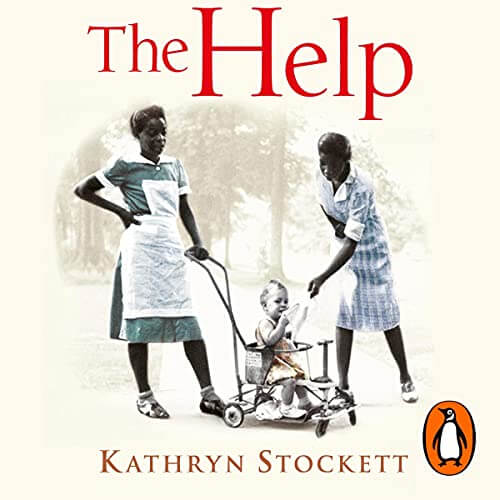The Help by Kathryn Stockett Audiobook Review
Set in Jackson, Mississippi during the civil rights age of the early 1960s, The Help follows the intertwining stories of black maids working for white homes and a young white lady identified to inform their stories. Told by several gifted voice actors, this audiobook brings the novel convincingly to life whilst exploring extensive themes of injustice, nerve and our capability for both damage and understanding.
We get to know Skeeter Phelan, a recent Ole Miss graduate disappointed with societal expectations thrust upon southern ladies. She starts conducting interviews with Aibileen Clark and Minny Jackson, 2 housemaids who have experienced years of racial injustice and embarrassment. Initially met with suspicion, the women gradually open up about working conditions, unwanted advances and the daily racial micro-aggressions sustained with grace and humour. On the other hand, we see through Minny and Aibileen’s narrative the realities of being black domestic workers reliant upon white employers after years of segregation.
Jenna Lamia captures Skeeter’s interest, conscience and growing aggravation towards the status quo through her questions and decision to publish their stories, whatever the individual cost. Bahni Turpin lends Aibileen a dignified yet warm existence, and Octavia Spencer perfectly channels Minny’s sass and grit. Cassandra Campbell populates several secondary characters with subtlety and beauty. Together the ensemble cast immerses listeners amidst Jackson’s racial tensions through poignant Southern voices.
Stockett weaves multiple storylines discussing the intricate relationships between black maids and their white “buddies”, from animosities barely concealed by niceties to uncommon screens of compassion across colour lines. She shows how overbearing socio-political systems deeply impact specific lives on both sides and how speaking truth to power is the initial step towards equality. The audiobook acknowledges racism’s roots whilst leaving room for hope that shared understanding can overcome even deep-seated bias.
Though portraying a dark period, The Help commemorates the indomitable human spirit and those who battled discrimination through quiet acts of courage, empathy and uniformity. Powerfully it advises that by honouring each other’s stories we move more detailed to a just world where people are defined not by appearance but by character. Over a decade considering that publishing, Stockett’s novel remains profoundly resonant in demonstrating how small voices signed up can conquer silence and modification societies.

